Start of something promising
The recent COP28 UN climate change conference, hosted by the UAE, was the first to feature a large-scale exhibition of new technology from startups around the world.
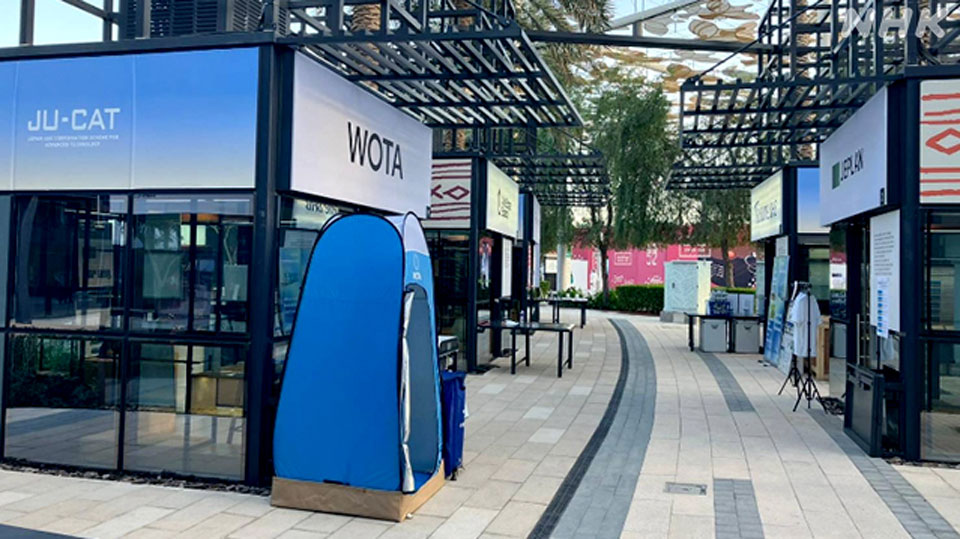
In a bid to wean its economy off fossil fuels, the UAE plans to pump more than 160 billion dollars into renewable energy forms such as solar power while also ramping up investment in green-tech startups.
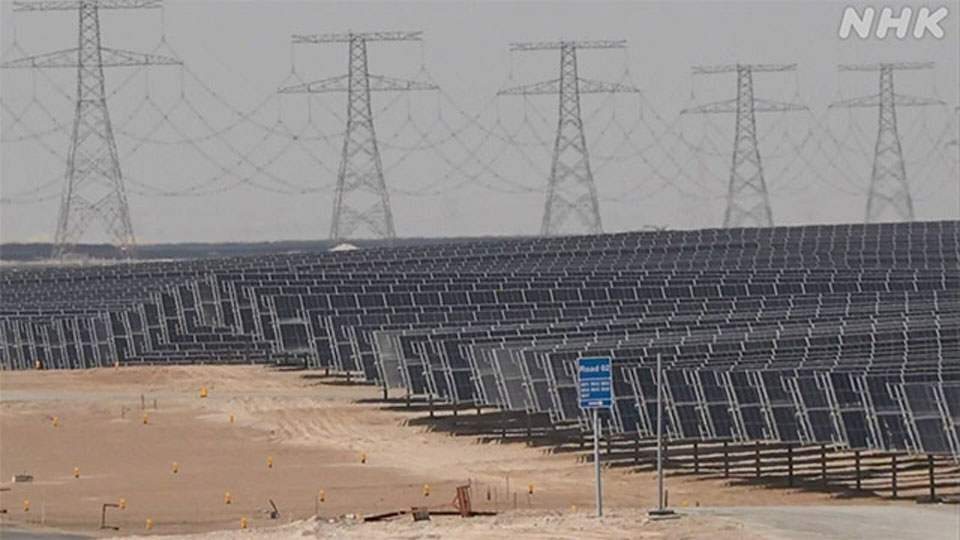
Japanese firms get involved
One company that stands to benefit is Japan's Tsubame BHB, which devised a relatively easy and cost-effective method to make ammonia, touted by many as the CO2-free fuel of the future.
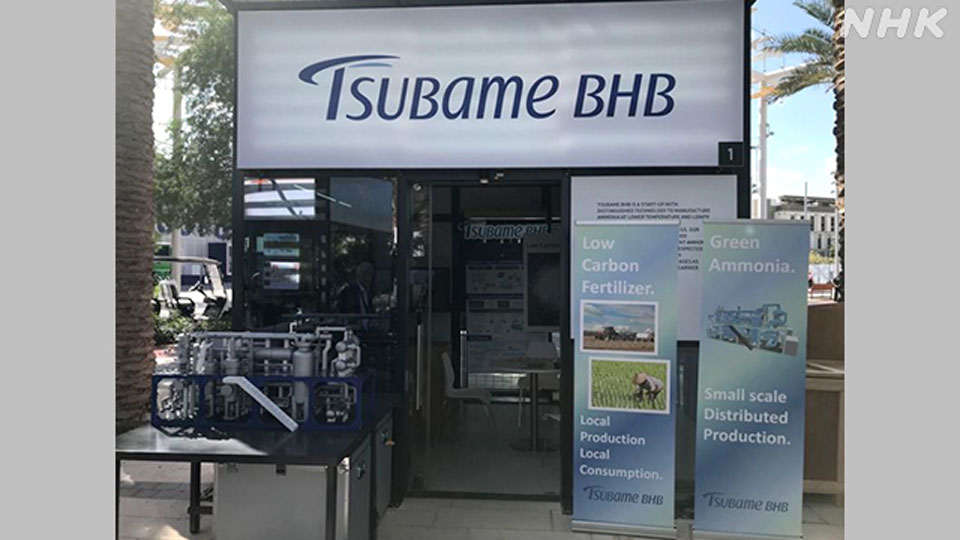
Traditionally, production requires the kinds of extreme temperatures and pressures that can only be achieved in large facilities. Tsubame BHB's unique catalyst technology, by contrast, makes it possible to manufacture the gas in low-pressure and low-temperature conditions.
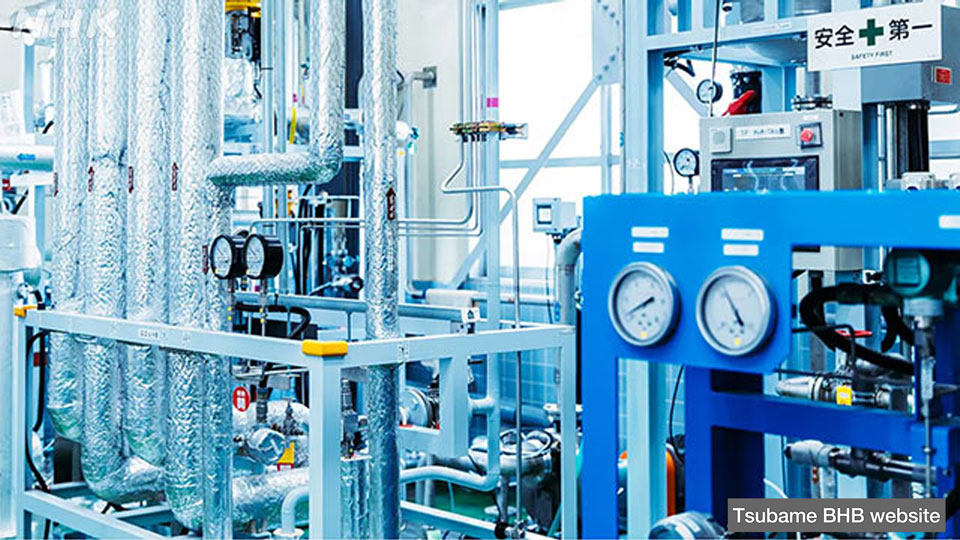
The company is in talks with a national oil company in the UAE to start production there. "We're keen to contribute what we can to the decarbonization of the energy and fertilizer sectors," said its CEO, Nakamura Koji.
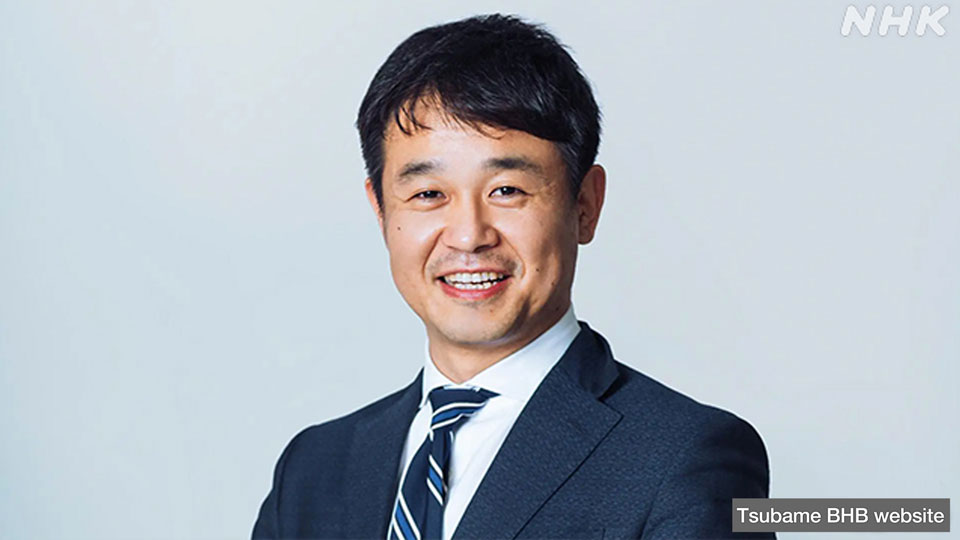
Plastic fantastic
Another Japanese company building a presence in the UAE is Kawasaki City-based JEPLAN, which used the COP28 conference to announce a collaboration with an Abu Dhabi firm.
JEPLAN developed technology that makes it easy to recycle a greater percentage of plastic bottles — often made with petroleum — for use as bottles again.
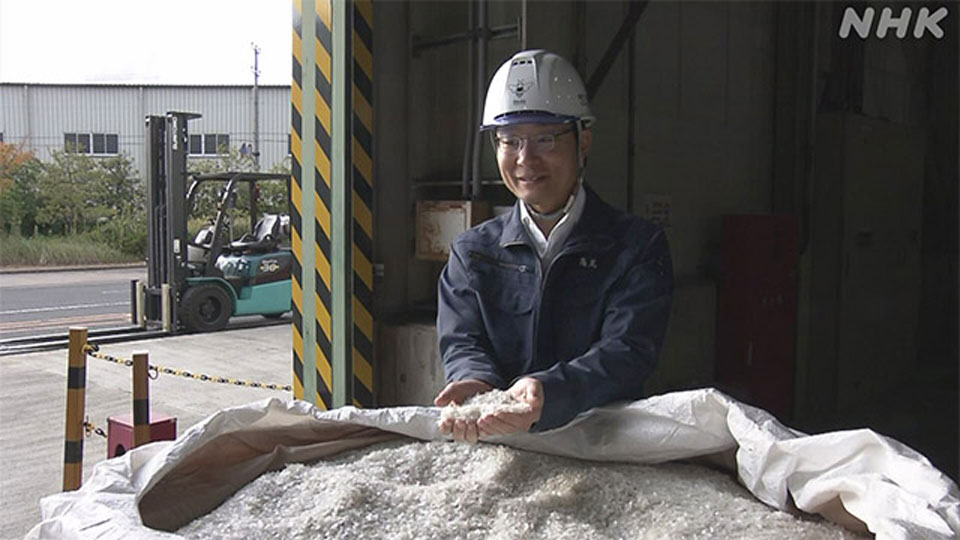
An impure process
The main problem of the process widely used now is that impurities from contaminants such as caps, labels and leftover liquids affect the quality of the recycled plastic. In fiscal 2022, Japan recycled 86 percent of its plastic bottles, but only converted about 29 percent of them back into bottles.
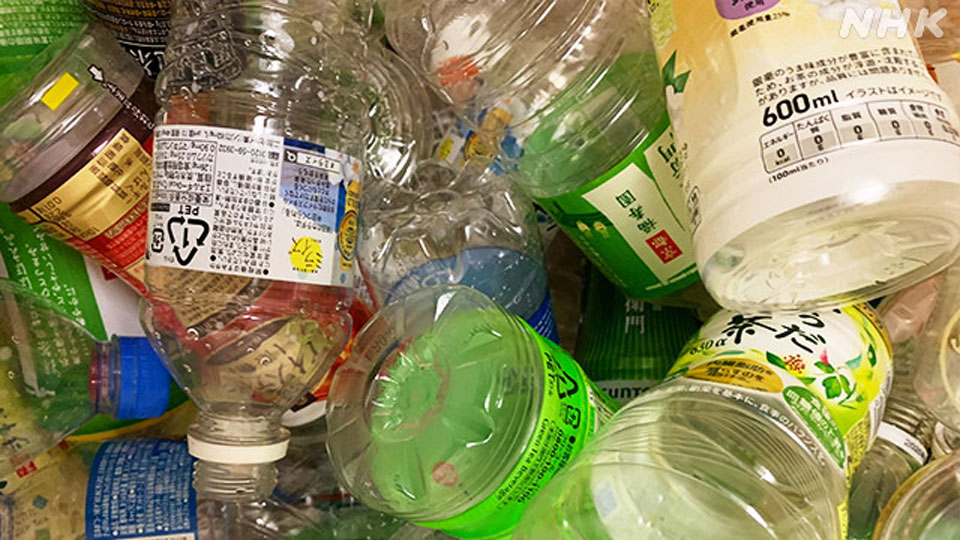
Rinse, repeat
JEPLAN's process, called chemical recycling, involves dissolving crushed bottles in a substance called ethylene glycol, which breaks down the plastic to the molecular level. Activated carbon and other substances then remove the impurities. The remaining material can be used to make the same quality of bottles, time and again.
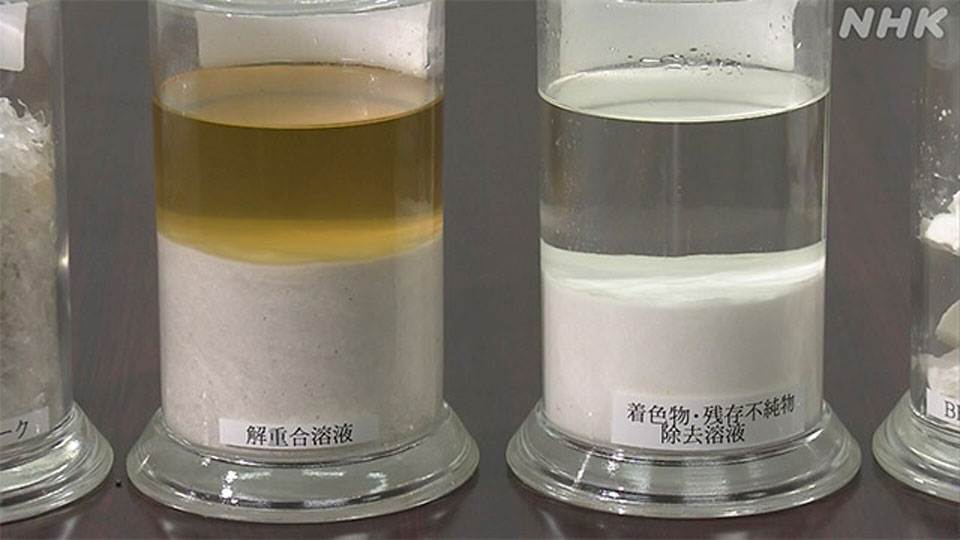

"Plastic bottles, when collected as garbage, contain many small, fine impurities, which can be removed to a very high degree of purity using our technology," said JEPLAN president Takao Masaki.
The company has already built a 48,000-square-meter recycling plant in Kawasaki that churns through roughly 1 billion 500ml plastic bottles each year.
Its next challenge is to bring down production costs, which are relatively high due to the intensive nature of the process and the space it requires.
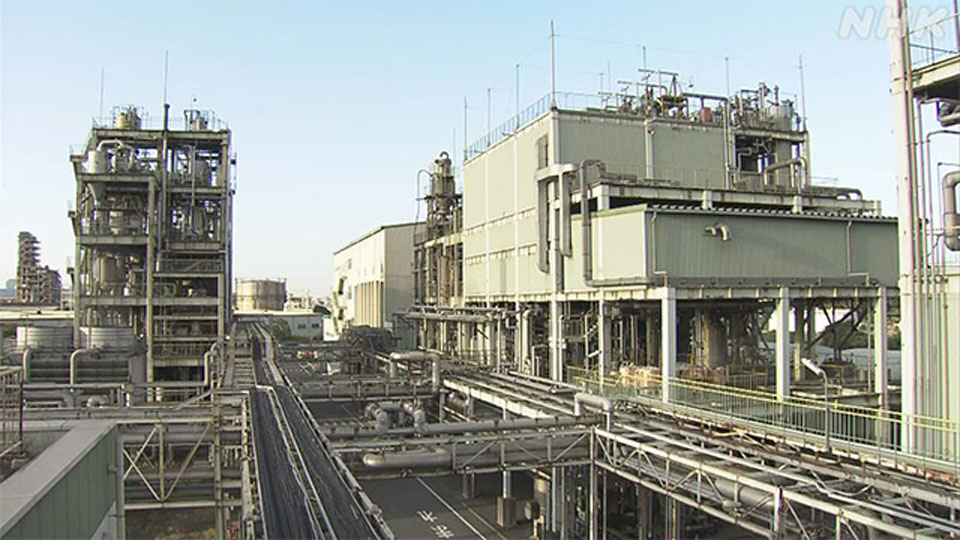
Looking to the Middle East
Chemical recycling will be cheaper to implement in the UAE, where JAPLAN plans to use readily available and affordable solar power to run a plant. The cost of generating solar power in the Middle Eastern country is around 3 yen per kilowatt-hour, roughly a quarter of the cost in Japan.
"Until now, it's only been big Japanese companies that have grown their businesses in the Middle East, but now we know startups also have a chance," said Takao.
Governments lend a hand
In January, Japan and the UAE established a framework to foster closer links between companies from their countries. With government support from both sides, companies hope the opportunities to build a greener future can only grow.


